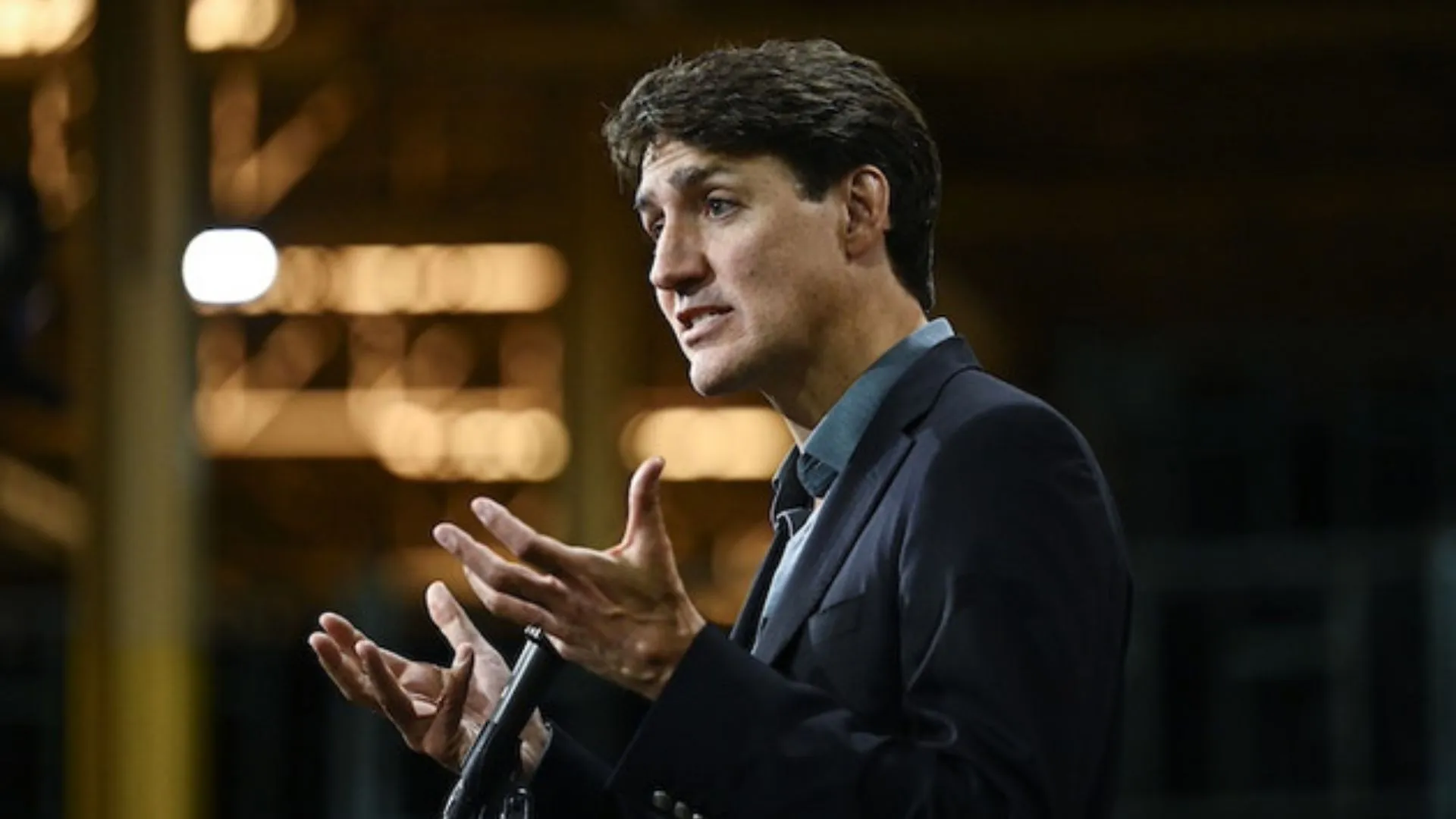Liberal Leadership Contender Under Fire For Dismissing Significance Of French Language

Liberal Leadership Contender's French Language Dismissal Sparks Controversy
Prelude
The Liberal Party of Canada is embroiled in a heated debate after leadership contender Pierre Poilievre downplayed the significance of the French language in the country. His comments have sparked backlash from both political opponents and language advocates alike. This news critically examines the complexities surrounding Poilievre's remarks and their implications for the future of bilingualism in Canada.
Poilievre's French Controversies
Poilievre, the Conservative MP for Carleton, shocked many when he stated during a recent leadership debate that "French is not a language of work in Canada." He further argued that mandatory bilingualism in the public service and federal institutions is "unfair" to English-speaking Canadians. These remarks sent shockwaves through French-speaking communities across the country, who saw them as an attack on the status of their language.
Criticisms of Poilievre's Stance
Critics of Poilievre's position point to the long-standing constitutional protection of French in Canada. The Official Languages Act (1969) enshrined the equal status of English and French as official languages, ensuring their use in government services, education, and the courts. The Canadian Charter of Rights and Freedoms (1982) also guarantees the right of Canadians to receive government services in the official language of their choice.
Poilievre's detractors argue that his dismissal of the French language threatens the very foundation of Canadian bilingualism. They fear that his election as leader of the Conservative Party and potentially as Prime Minister could lead to a rollback of language rights and the erosion of French in Canadian society.
Perspectives on Bilingualism
The debate over the significance of French in Canada is not new. There are varying perspectives on the role of bilingualism in the country:
Proponents of Strong Bilingualism
Strong supporters of bilingualism believe that it is essential for the preservation of Canadian identity and unity. They argue that a strong French presence from coast to coast is a vital part of Canada's social fabric and heritage. They also point to the economic benefits of bilingualism, as it enhances opportunities for employment and international trade.
Advocates of Limited Bilingualism
On the other side of the spectrum are those who advocate for a more limited role for French in Canada. They often argue that English is the dominant language in business and international communication, and that mandatory bilingualism creates unnecessary burdens for English-speaking Canadians. They believe that the government should focus on promoting French where it is necessary, such as in Quebec and other designated bilingual regions.
Implications and Potential Outcomes
The Liberal leadership contender's comments have brought the issue of bilingualism to the forefront of Canadian politics. The outcome of this debate will have significant implications for the future of the French language in the country:
Impact on French-Speaking Communities
Should Poilievre's views prevail, French-speaking communities outside Quebec could feel increasingly marginalized. They fear that a less supportive federal government could erode their language rights and access to services in French.
Consequences for National Unity
Bilingualism has been a cornerstone of Canadian identity for over 50 years. A shift away from strong bilingualism could damage the unity of the country and create a sense of division between English- and French-speaking Canadians.
Conclusion
Pierre Poilievre's dismissal of the significance of the French language in Canada has ignited a fierce debate about the future of bilingualism in the country. While some argue that his views reflect a growing sentiment among English-speaking Canadians, others see his comments as a dangerous threat to the delicate balance of language rights and national unity. The outcome of this debate will have profound implications for the social, political, and cultural landscape of Canada for years to come.
As the Liberal Party gears up for its leadership race, the issue of bilingualism is sure to remain a contentious topic. The party's decision on this matter will send a clear message about its commitment to linguistic diversity and the protection of minority language rights in Canada.